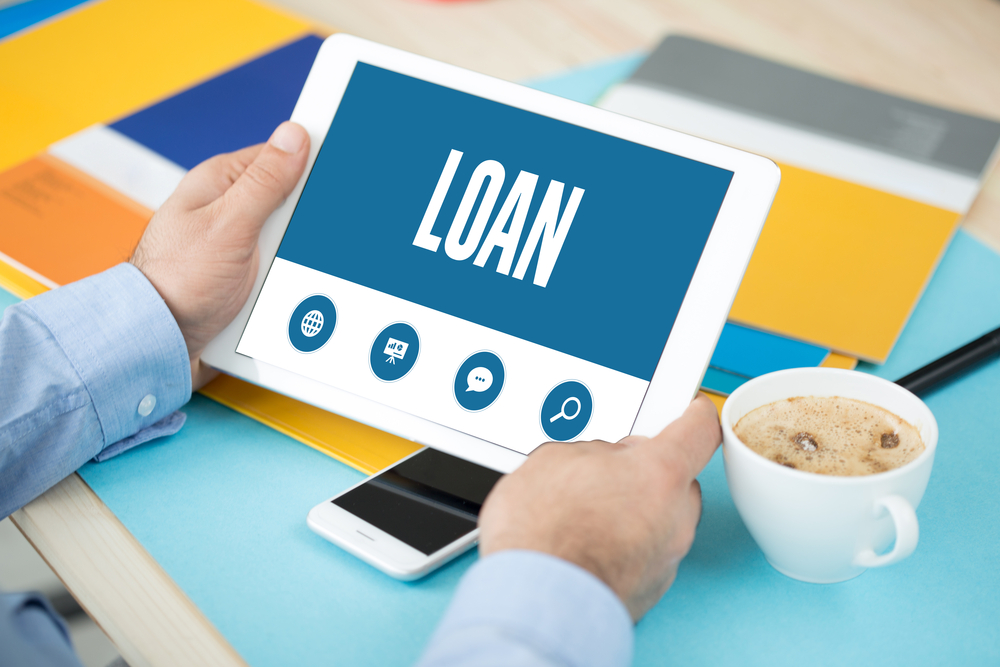People take loans to cover the distance between their needs or desires and insufficient finance, but many times, they are not able to pay back these loans. Loan default happens when repayments are not made for a certain period of time. When a loan defaults, it is sent to a debt collection agency whose job is to contact the borrower and retrieve the unpaid funds. Defaulting on a loan will drastically reduce your credit score, impact your ability to receive credit in future, and can lead to the seizure of personal property. If you cannot make payments on time, it's important to contact your lender or loan servicer to discuss the restructuring of the loan terms.
Loan default occurs when a borrower fails to pay back a debt according to the initial arrangement. In the case of most consumer loans, this means that successive payments have been missed over the course of weeks or months. Fortunately, lenders and loan servicers usually allow a grace period before penalizing the borrower. The period between missing a loan payment and the loan default is known as a delinquency. The delinquency period gives the debtor time to avoid default by contacting their loan servicer or making up for the missed payments before it turns into a default or generally categorized as Non-Performing Asset.
There are various types of loans which provide financial assistance and the most common ones include Home loans, student loans, auto loans, credit cards and personal loans
Effects of non-payment of loan amount
Although it depends upon the type of loan and the policies of the lender yet some common repercussions in case of non-payment of the loan amount are given below:
a. Impact on credit score– Whenever any person defaults on the payment of Equated Monthly Installments (EMIs), it decreases their credit score, which has a negative impact on their borrowing capacity in future.
b. Penalties– In case of late payments which are a part of default in payment, the lender can impose a penalty amount on the defaulting party.
c. Legal Recourse - Sec 138- The lender will always have a legal recourse available under the ambit of law. Payment defaults by bouncing of payment instrument may lead to filing of case under Sec 138 of IPC.
d. Seizure of collateral or property – SARFAESI – In case of secured loans, after the borrower is given sufficient notice and time period to repay the loan amount, the lender opts for the option to seize the collateral under the SARFAESI Act. Such repossessed properties are then auctioned in order to recover dues.
How to Get Out of Loan Default
For student loans, there are specific measures offered by lenders like rescheduling the loan or deferring payments. Borrowers can opt for the rescheduling of the loan in consultation with the bank. The immediate burden reduces with the extension of the tenure. One can also choose to defer monthly repayments. The facility is specifically offered with education loans. The monthly instalments are paused for a few months or years. It is also known as EMI holiday.
For other types of loans, it's much harder to find specific programs or loans designed to help debtors get out of default. Your best bet is to negotiate a repayment plan with your debt collector if it's possible. It is always advisable that in situations where one is not able to pay the installment, he/ she should voluntarily approach the lending institution and apprise them of the reason. Most of the institutions will assist the borrowers and guide them how to manage the current situation. Though there is a lack of specific programs designed to help defaulters, one can still take certain steps to come out of a debt.
The first step should always be to inform the lender. In most cases, the banks or financial institutions work together with the defaulter to prepare a new payment schedule.
It is easier to restructure long-term loans, but in the case of short-term loans, it is better to liquidate other assets and pay back.
Short-term loans like personal loan and credit card dues have high interest rates. One should cash out from investments like mutual funds and gold and pay the dues.
Another option is to ask for interest-free borrowings from family members to pay back high-interest loans.
In the case of long-term loans, the only option is adjustments in lifestyle along with a fresh arrangement with the lender.
The author is the Chief Business Officer, Aadhar Housing Finance.













